The ban now includes crude and refined palm oil and other products, instead of only refined, bleached and deodorised palm oil
President Joko Widodo says the Indonesian people’s need for affordable food trumps revenue concerns
Reuters
27 Apr, 2022
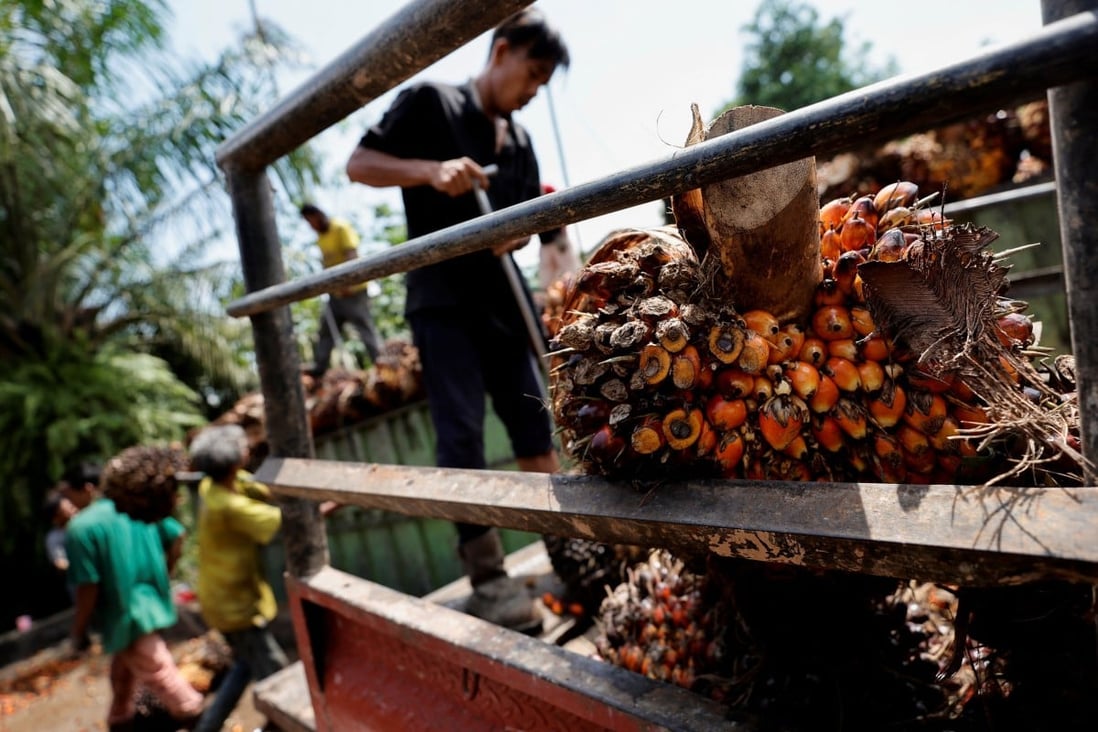
Workers load palm oil fresh fruit bunches to be transported from factories in Pekanbaru, Riau province, Indonesia. Photo: Reuters
Indonesia widened the scope of its export ban on raw materials for cooking oil to include crude and refined palm oil, among other products, its chief economic minister said on Wednesday, leaving markets in shock over the latest policy reversal.
The announcement flipped the minister’s statement a day earlier, in which he had said the export ban would cover only refined, bleached, and deodorised palm olein.
The change was “in line with the president’s decision and after taking into account the feedback and views from the people,” Airlangga Hartarto said in a short statement.
President Joko Widodo said in a separate statement that people’s need for affordable food trumped revenue concerns for now.
“Once domestic needs have been met, of course I will lift the export ban because I know the country needs taxes … foreign exchange … a trade balance surplus, but meeting the people’s basic needs is a more important priority,” he said.
Jokowi, as the president is popularly known, said Indonesia has enough capacity to meet domestic demand and it was “ironic” that the country is facing cooking oil shortages.
Palm oil markets have been jittery ahead of the ban and Indonesia deployed navy ships and personnel in an effort to thwart illegal shipments.
The new rules were due to take effect at midnight local time, and the navy and other agencies had been instructed to step up patrols of Indonesian waters to ensure compliance, said navy spokesperson Julius Widjojono.
Palm oil futures on the Malaysia exchange surged by 9.8 per cent on Wednesday, as some market participants feared exporters in Indonesia, the world’s biggest palm oil producer, could not get their products on board vessels in time before the ban starts.
US soy oil futures jumped more than 4 per cent to a record high after Indonesia extended ban to include CPO.
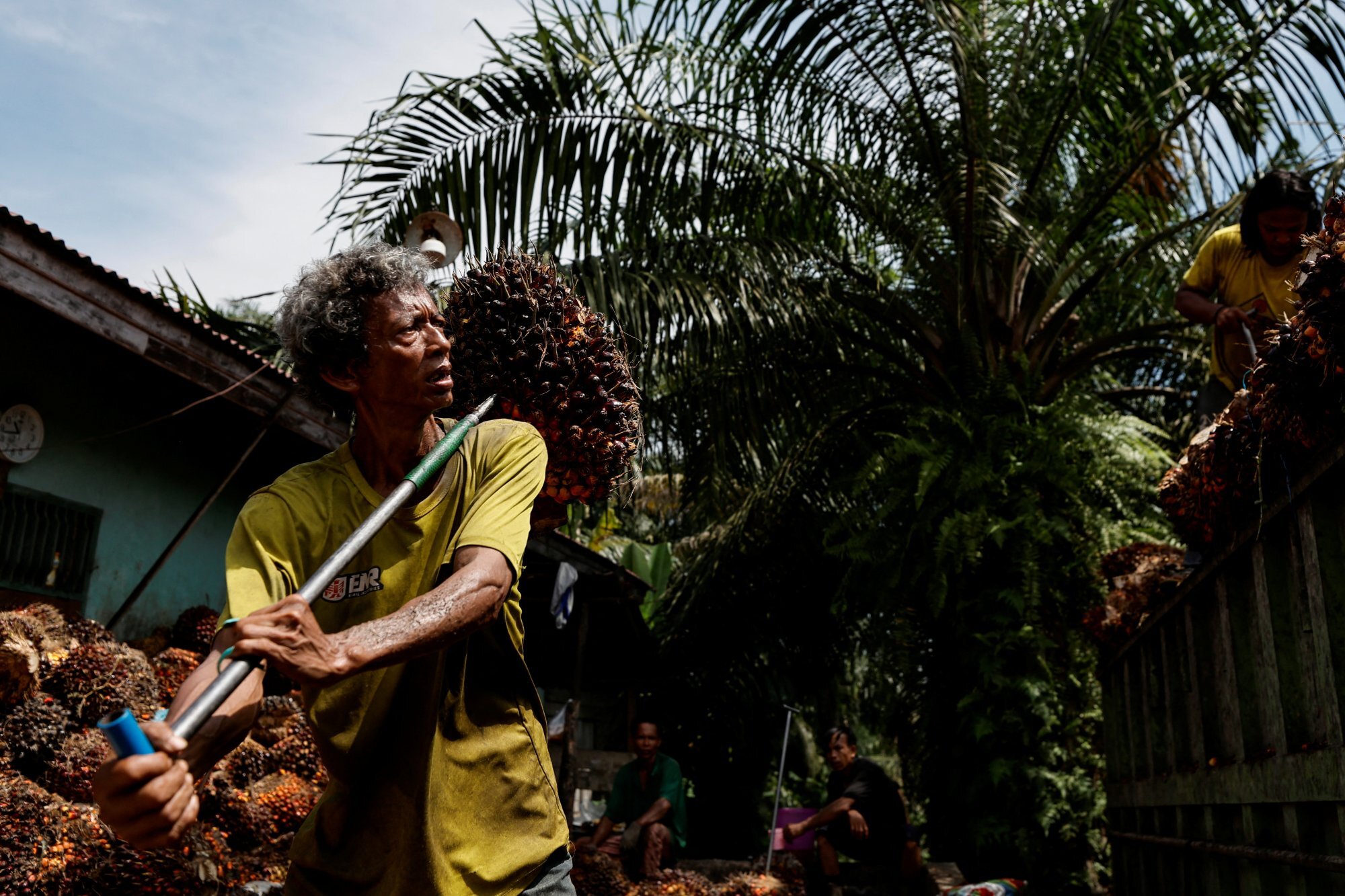
A worker loads fresh palm fruit bunches to be transported from the collector site to factories. Photo: Reuters
It was unclear if palm oil companies had been informed of the latest policy change.
Industry sources and traders, who requested anonymity because of the sensitivity of the issue, said they were shocked by the latest development.
“It’s a drastic measure to rein in the prices and we hope it has the intended effect within a short period, and avoid hurting the industry,” a palm industry source said.
“This is crazy. We are paying a price for Indonesia policy flip-flops. Every vegetable oil is going through the roof. Securing supplies of any vegetable oil for May shipments is a challenge,” said a New-Delhi based dealer with a global trading firm.
Eddy Martono, secretary general of the Indonesia Palm Oil Association (GAPKI), earlier on Wednesday said the industry was trying to “operate as usual while continuing to monitor market movements”.
Eddy said that with such short notice on the ban, first announced by President Joko Widodo on Friday evening, there was no way exporters could rush their products out.
“Its impossible to get a vessel instantly, everything would’ve been chartered,” he said.
Indonesia’s restrictions have driven up global edible oil prices as supplies were already choked by factors like drought and shortages after Russia’s invasion of major crop producer Ukraine.
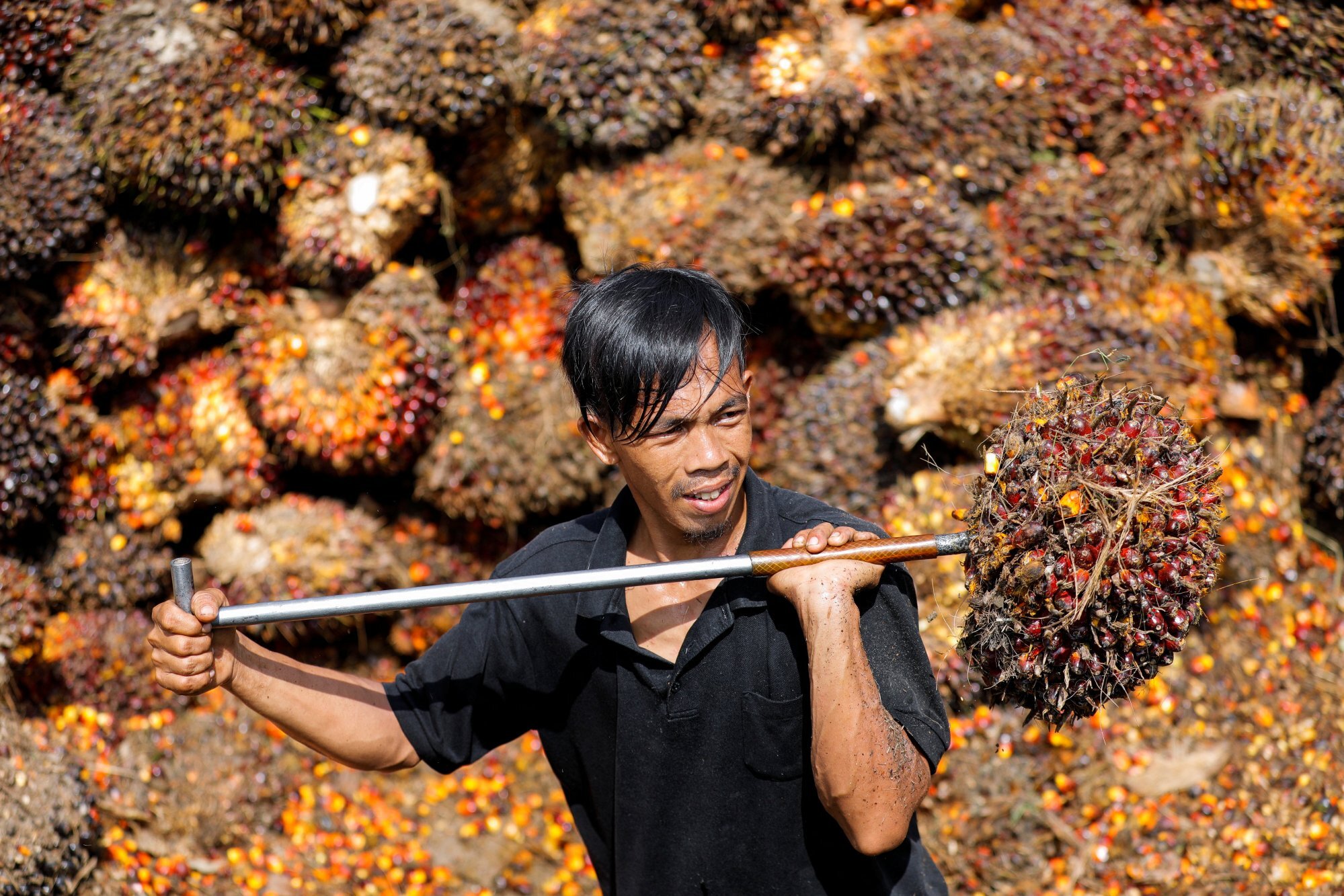
A worker loads palm oil fresh fruit bunches to be transported from the collector site to CPO factories in Pekanbaru, Riau province in Indonesia on Wednesday.
Photo: Reuters
Indonesia’s ban on palm oil exports is unlikely to last more than a month due to limited infrastructure to store the surplus oil and because of mounting pressure from buyers to resume shipments, industry officials said.
The ban would remain in place until prices of bulk cooking oil dropped to 14,000 rupiah (US$0.9720) per litre, Airlangga said.
In Jakarta, bulk cooking oil prices were offered at around 19,000 to 20,000 rupiah on Wednesday and in other regions prices could be higher, Reynaldi Sarijowan, a senior official at the traditional market traders’ association, said.
In Riau province on Sumatra island, small farmers already saw a drastic drop in price of palm oil fruits due to the export ban, local planters said, and they fear that palm oil companies will stop buying from independent farmers.
Ukraine war benefits Malaysian palm oil, but foreign worker shortage curbs production output
Indonesia’s ban on palm oil exports is unlikely to last more than a month due to limited infrastructure to store the surplus oil and because of mounting pressure from buyers to resume shipments, industry officials said.
The ban would remain in place until prices of bulk cooking oil dropped to 14,000 rupiah (US$0.9720) per litre, Airlangga said.
In Jakarta, bulk cooking oil prices were offered at around 19,000 to 20,000 rupiah on Wednesday and in other regions prices could be higher, Reynaldi Sarijowan, a senior official at the traditional market traders’ association, said.
In Riau province on Sumatra island, small farmers already saw a drastic drop in price of palm oil fruits due to the export ban, local planters said, and they fear that palm oil companies will stop buying from independent farmers.
Ukraine war benefits Malaysian palm oil, but foreign worker shortage curbs production output
Amid labour shortage and high demand, Malaysia will hire 180,000 workers to harvest palm oil as alternatives to cooking oils no longer available from Ukraine
One analyst believes the Ukraine-Russia war – now in its second month – could last 15 years which could mean an extended boost for Malaysian palm oil exports
Amy Chew in Kuala Lumpur
14 Apr, 2022
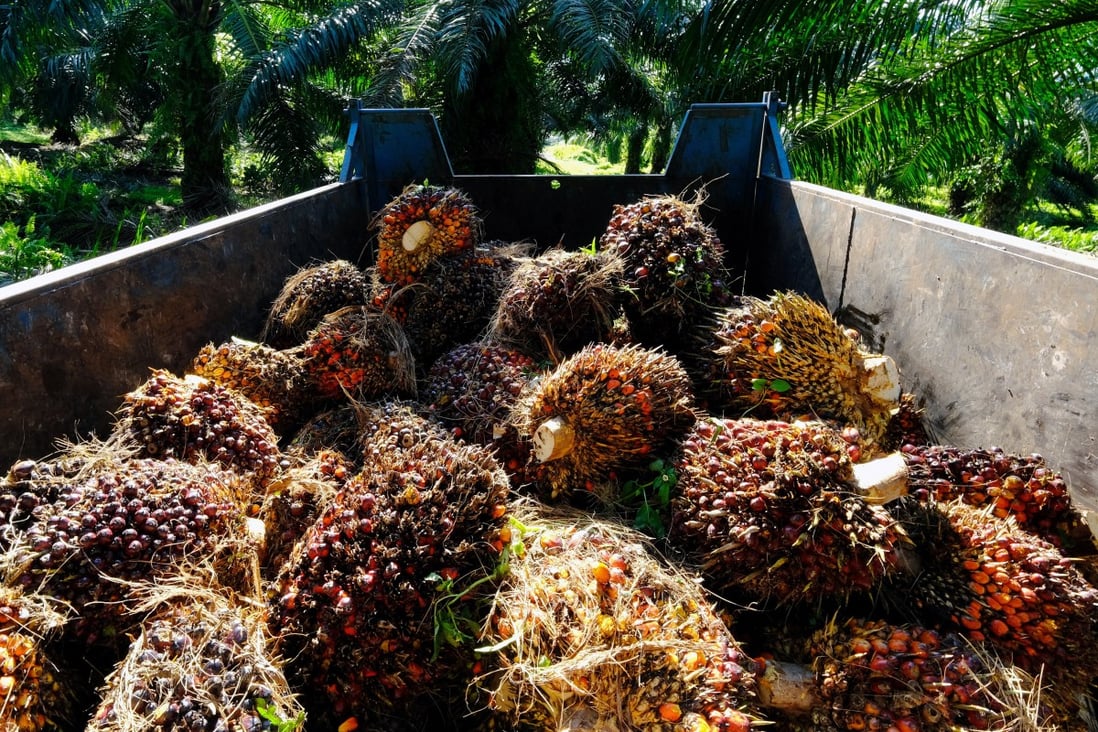
Harvested oil palm fruits are loaded into a trailer at a plantation in Kapar, Selangor, Malaysia. Exports of palm oil have increased as supplies of other cooking oils have been affected by Russia’s invasion of Ukraine. Photo: Bloomberg
Malaysian palm oil exports could see a prolonged lift as the Russia-Ukraine war drags on indefinitely, observers say, as the likes of India and the European Union secure alternatives to sunflower and rapeseed oil no longer available from Ukraine.
A prominent geopolitical risk forecaster suggested the conflict – now in its second month – could drag on for 15 years, likening it to the civil strife in Syria.
Data released this week by the Malaysian Palm Oil Board showed exports of the commodity from the Southeast Asian country to the European Union surged 48.3 per cent in March compared with February.
“One notable bright spot was the strong exports to the EU, with palm oil demand rising to fill in the shortage of sunflower and rapeseed oils from Russia and Ukraine,” said Public Investment Bank (PIVB) in a report released on Wednesday.
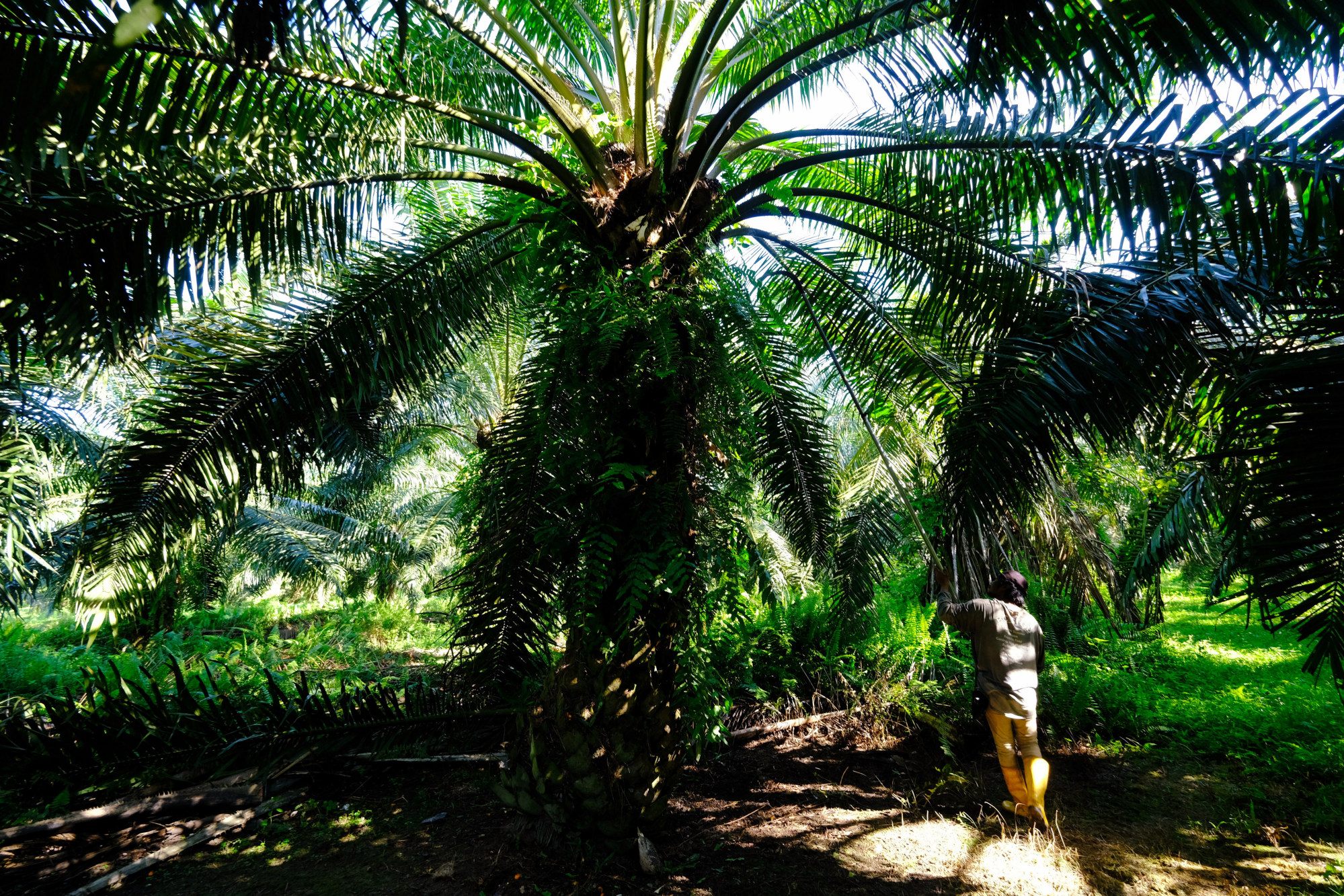
A worker uses a motorised harvesting sickle to cut a palm oil fruit bunch from a tree at a plantation in Kapar, Selangor, Malaysia. Photo: Bloomberg
In India, the Solvent Extractors’ Association of India (SEA) said Indian palm oil exports jumped 18.7 per cent. Malaysian palm oil exports to India rose 20.8 per cent in March 2022. Experts said the shift towards palm oil by India, the world’s largest importer of edible oils, was very likely to help Malaysian exports too.
Chong Hoe Leong, a commodities analyst with PIVB, said EU members the Netherlands, Spain and Italy were expected to buy more palm oil as they were “normally the big palm oil countries”.
Brokerage firm UOB Kay Hian said in a note that alongside the EU, countries in Central Asia and the Middle East had also increased palm oil imports.
Some countries with high sunflower oil usage increased their palm oil imports by 100 per cent in March, due to supply shortages from the Black Sea tensions, the note added.
Malaysia, the second largest palm oil producer after Indonesia, has in the past locked horns with the EU for its imposition of anti-palm oil measures – including classifying the commodity as having a high risk of displacing food crops.
Last year the government filed a complaint with the World Trade Organization, charging that the EU’s actions contravened the global body’s rules of engagement.
Likewise with India, a diplomatic rift between New Delhi and the then Prime Minister Mahathir Mohamad in 2020 saw the South Asian power temporarily suspend imports of refined palm oil. Indian buyers resumed buying Malaysian palm oil last year.
Labour shortage
Despite the buoyancy in demand, expectations are that Malaysia will not be able to immediately increase its palm oil production owing to a severe shortage in manpower.
About 80 per cent of Malaysia’s plantation workers are migrants, with most coming from neighbouring Indonesia.
The broad closure of borders during the Covid-19 pandemic seriously impacted the flow of these workers.
Plantations typically harvest palm oil fruit once every 10-14 days. But with the labour shortage, many small plantations are only harvesting the fruit once a month.
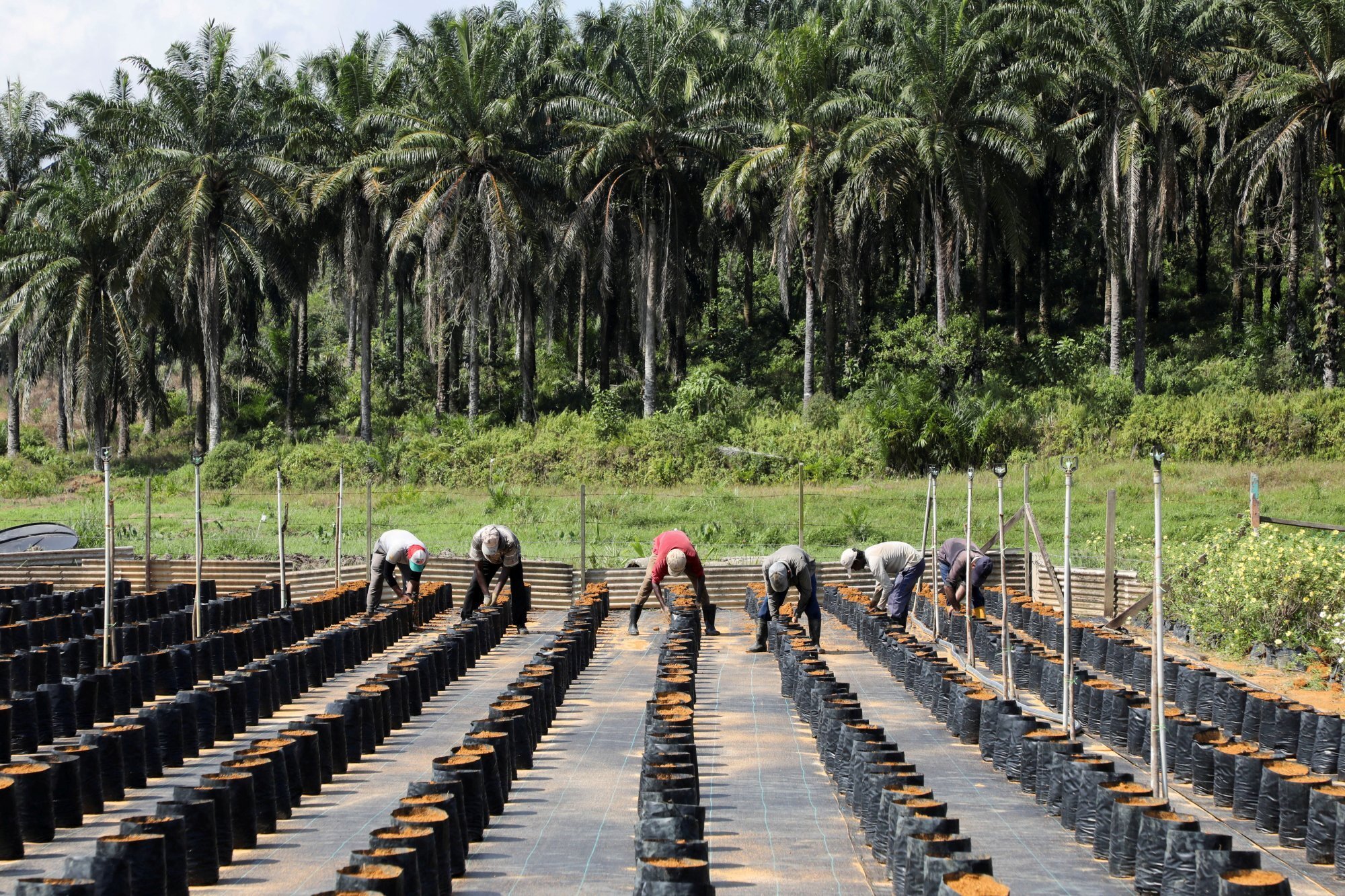
Workers plant oil palm seeds at an oil palm plantation in Slim River, Malaysia. The country is expected to hire 180,000 foreign workers to alleviate a labour shortage. Photo: Reuters
The country is expected to hire nearly 180,000 workers over the next six weeks, according to Human Resources Minister M. Saravanan. A special committee will meet daily from April 15 to speed up the approval process, state news agency Bernama reported on Wednesday, citing Plantation Industries and Commodities Minister Zuraida Kamaruddin.
Chong, the commodities analyst, said the industry had a shortage of 75,000 harvesters.
In 2021, Malaysia produced 18.1 million metric tonnes of crude palm oil down from 19.1 million in 2020.
“The labour shortage impacts on 10-15 per cent of palm oil production. I am looking at 19.5 metric tonnes production for 2022,” said PIVB’s Chong.
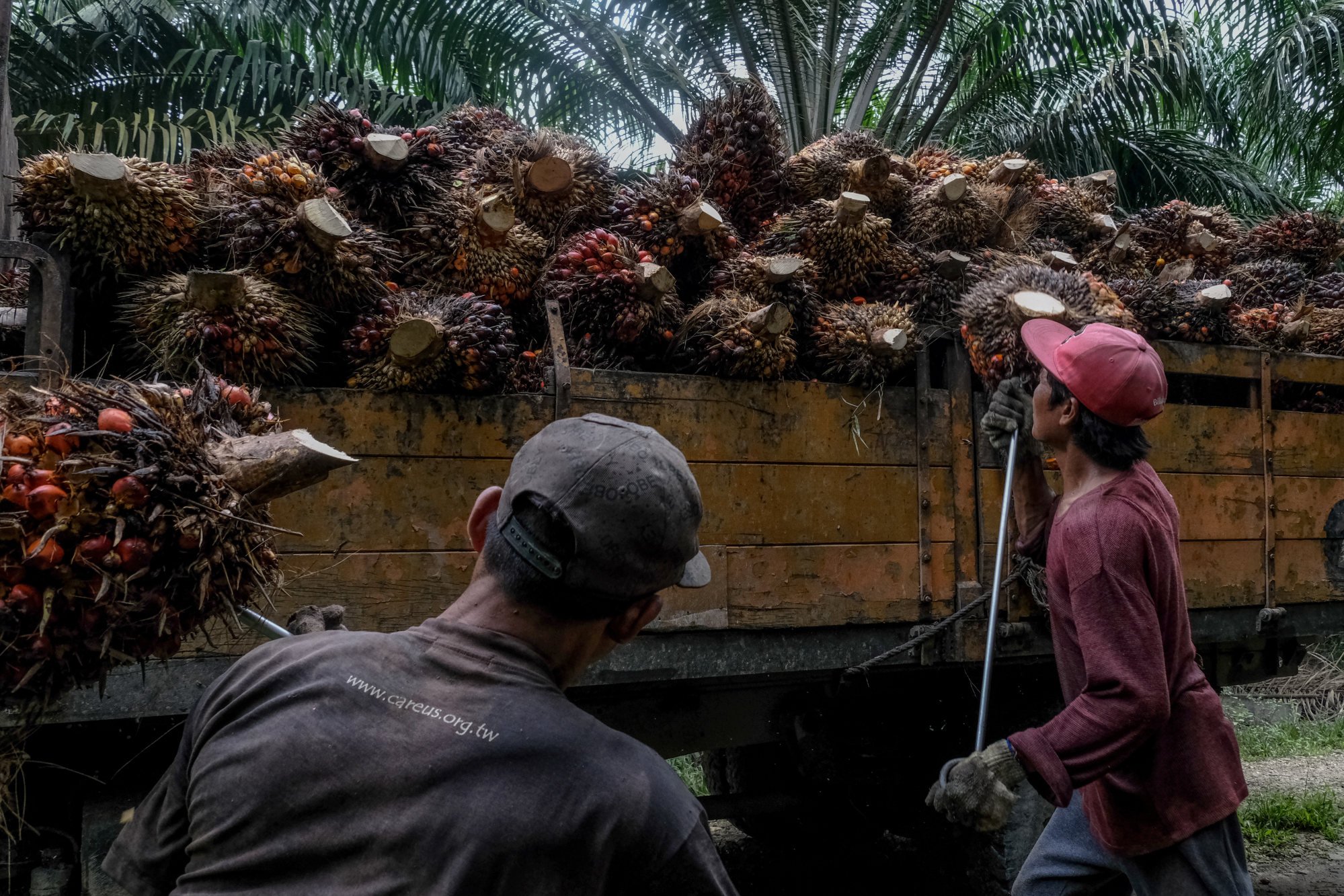
Workers load harvested palm oil fruit bunches onto a truck at a plantation in Kapar, Selangor, Malaysia. Photo: Bloomberg
Big plantation companies managed to harvest more than once a month by appointing contract workers during peak production periods, and redeploying high performance harvesters to high yield plantations, said Chong.
The owner of a small palm oil plantation told This Week In Asia his farms have a manpower shortage and only harvested the fruit “once a month most of the time” the past two years.
On Monday, crude palm oil traded at RM6,526 (US$1,543) per metric tonne.
Analysts expect the price to stabilise later in the year.
“I am looking at a price level of RM4,300 per tonne for 2022. Current price is toppish, in my view,” said Chong. UOB Kay Hian forecast 2022 crude palm oil price at RM4,200 per metric tonne.
The prospects for Malaysian palm oil could also be determined by how much edible oil EU nations buy from Russia, whose global pariah status has been increasing since it invaded Ukraine.
EU representatives in Malaysia said there were currently no private sector restrictions on purchasing commodities from Russia.
“In general, EU countries are characterised by liberal economies with little state intervention in the markets and where prices are based on the free interplay of supply and demand,” said a spokesman of the Delegation of the EU to Malaysia.
As for the concerns of the environmentalist lobby in the EU about the negative effects of palm oil, this was also unlikely to be a short term issue for Malaysia, going by the comments of experts and the EU representative.
James Fry, a commodities expert and chairman of the agribusiness consultancy LMC International, said for now the EU and British governments had given sellers of foodstuffs leeway in how they label oils in their products, without necessarily identifying palm oil as an ingredient.
The EU spokesman said the bloc’s legislation currently does not require nor regulate any description indicating that a certain ingredient is absent from certain products, such as, “no palm oil”.
Individual manufacturers can however, voluntarily indicate that a certain ingredient was not used, the spokesman said.
In the longer term, all eyes will be on how long the Ukraine war will last.
“Obviously this is an estimate but conflicts in Syria or civil wars have lasted 10 to 15 years. There is no reason why Ukraine would be any different, unfortunately,” Olivier Guitta, London-based managing director of GlobalStrat, an international security and geopolitical risk consultancy firm, told This Week In Asia.
“Even in the now unlikely case that Russia can take over the whole country, the resistance from the Ukrainians in the cities would turn the conflict into urban warfare à la Syria,” Guitta added.
Guitta believes a prolonged battle in Ukraine is inevitable, despite the growing sanctions affecting Russia’s economy, because President Vladimir Putin won’t be satisfied until he achieves his ultimate goal – to “restore the great Russia.”
Additional reporting by Reuters, Bloomberg

Amy Chew is an independent journalist based in Kuala Lumpur. She covers Southeast Asia and parts of the Middle East. She was previously based in Indonesia, Hong Kong and Singapore. A former correspondent for Channel News Asia and Reuters, she has also worked in investment banking where she was an analyst for Daiwa Capital Markets Singapore.
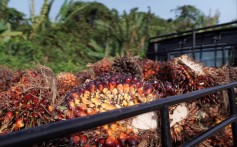
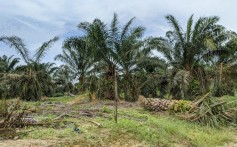

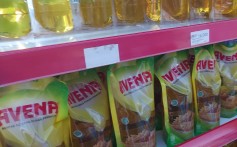

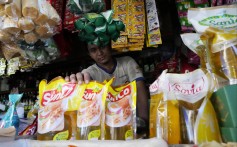
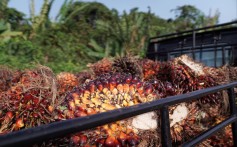
No comments:
Post a Comment